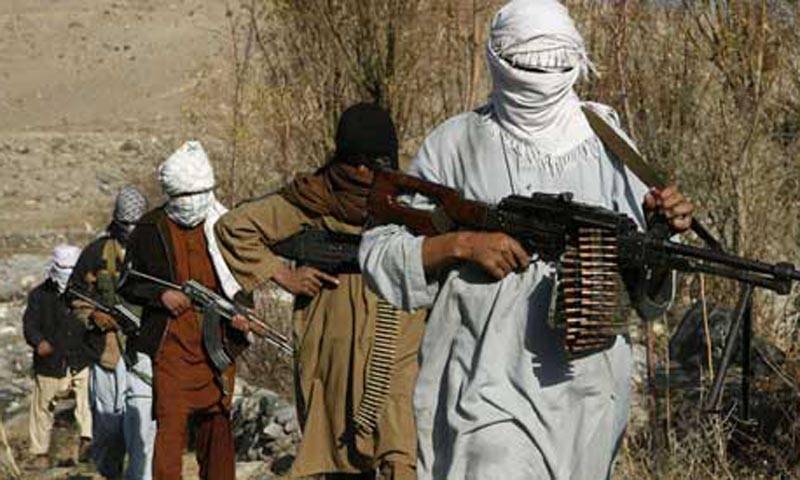At least seven people were killed while 13 others injured on Wednesday after a bomb exploded inside the political office of a PML-N member of National Assembly (MNA), Sardar Amjad Farooq Khan Khosa in Dera Ghazi Khan’s Taunsa area. The attack comes without any direct threat to the MNA, neither is Dera Ghazi Khan situated in a religiously volatile area. While it was immediately uncertain who has carried out the attack, reports indicate that The Tehreek-e-Taliban Pakistan (TTP) Jamaat-ul-Ahrar has claimed responsibility. The attack has bewildered the MNA – who says he had no direct enmity with the TTP, nor is he part of the anti-terrorist crackdown – as much as it has confounded the security agencies. Was this another example of TTP’s senseless and random violence campaign, or is there some method to the madness?
Although it would be easy, and not completely wrong, to categorize the attack in the former category, the bombing follows a certain pattern.
Earlier this year, another elected representative of the ruling party was targeted; in August, Punjab Home Minister Shuja Khanzada and 18 others were killed after two suicide bombers detonated a bomb at a meeting he was attending at his political office near Attock. That attack was billed as retaliation against the crackdown against militants, and especially against Shuja Khanzada’s role in it. This incident hints at a wider campaign, which targets all lawmakers from the ruling party, especially those which belong to areas further from the center of Punjab where security is laxer.
A Taliban backlash against military targets was expected, as they are the most obvious actors in the anti-Taliban effort, but the government must also expect that at one point the ire of the banned group will turn to the political element of the state that has supported the military operation. The failure to guard against these two attacks represents a failure to anticipate this threat and effectively counter it. The Taliban have shown that they are not above attacking soft targets if attacks against military and state installations prove too difficult. This attack must alert the security agencies that in the dying stages of the operation, politicians are fare game, and as such must be adequately protected. Without the political support for the operation, the crackdown may become a much more difficult affair, and continued attacks against politicians in their home constituencies will chip away at the political resolve.






